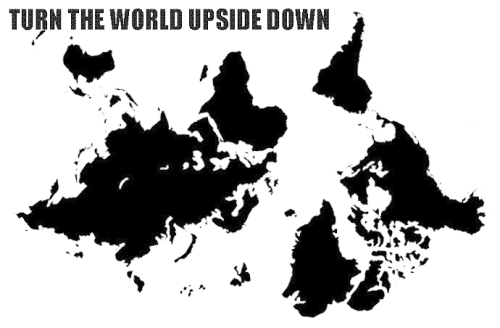 The second post in the Race Critical and Decolonial Sociology blog series is a round-up of some of the central debates in postcolonial and decolonial thinking about epistemology. The class had a very interesting discussion where for example the historicity of Ramon Grosfoguel’s timeline was interrogated. Students also tackled the thorny question, raised also by Arif Dirlik in his critique of postcolonial studies, about the validity of criticisms of imperialist or Eurocentric or what Boaventra De Sousa Santos calls ‘abyssal’ thought made by scholars who, while originating from the Global South (though not always) work at universities in the rich North, mainly the United States. We surmised that that this is a bind that we are essentially all mired it. However, that it is important to be aware of the real possibility for the coexistence of theorising and activism, thus not merely lauding the work of social movements in books and articles, but using any leverage we may have in the university to make space for them to represent themselves and to guide theory-making. This linked to the previous week’s discussion ‘Black Study, Black Struggle’ and the possibility of subverting the university to facilitate rather than thwart study in the socially transformative sense of the word.
The second post in the Race Critical and Decolonial Sociology blog series is a round-up of some of the central debates in postcolonial and decolonial thinking about epistemology. The class had a very interesting discussion where for example the historicity of Ramon Grosfoguel’s timeline was interrogated. Students also tackled the thorny question, raised also by Arif Dirlik in his critique of postcolonial studies, about the validity of criticisms of imperialist or Eurocentric or what Boaventra De Sousa Santos calls ‘abyssal’ thought made by scholars who, while originating from the Global South (though not always) work at universities in the rich North, mainly the United States. We surmised that that this is a bind that we are essentially all mired it. However, that it is important to be aware of the real possibility for the coexistence of theorising and activism, thus not merely lauding the work of social movements in books and articles, but using any leverage we may have in the university to make space for them to represent themselves and to guide theory-making. This linked to the previous week’s discussion ‘Black Study, Black Struggle’ and the possibility of subverting the university to facilitate rather than thwart study in the socially transformative sense of the word.
What are the possibilities for social and political critique opened up by the decolonial approach.I shall examine the interconnections between postcolonial theory and the decolonial, uncovering the trajectory that began with Indian subaltern studies and Latin American autonomous social science, for example. I shall also examine the impact of a critical focus on race, gender and sexuality on the opening out of decolonial approaches. This work will go towards asking questions about the epistemological implications of taking a decolonial approach as well as examining the possibilities for transformative social and political action.
Comments closed
